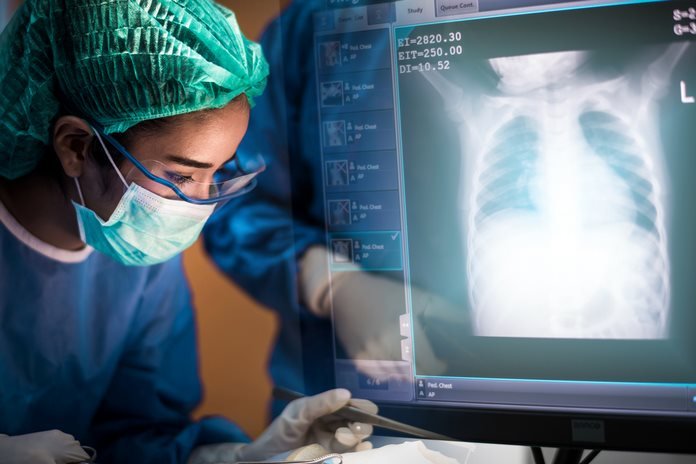Lung transplantation

No matter how many treatments you follow or medications you take, a time will come when the liver will no longer cope with the process. The continuous damage to the lungs will reduce the ability to breathe and affect the quality of life. Therefore at a point, there will be a need to transplant the lungs. The new lungs do not guarantee a wholly healthy life. UT will add some years to live.
Getting a lung transplant is extensive work and requires financial stability and the ability to maintain good health. Before the transplant, various tests are performed. Once the donor organ is found, immediate surgery is scheduled.
After a chest x-ray and electrocardiogram, the patient is taken to the operating room, and anesthesia is given. The surgery takes 6 to 12 hours and involves
An incision in the breast from one side to the other side of the chest,
Placement of a heart-lung machine to ensure the supply of oxygen throughout the body
Removal of first lung and clamping of blood vessels, and insertion of the new lung.
Removal of 2nd lung and reconnection of blood vessels with both lungs.
After complete transplant of the lungs, the heart-lung machine is removed, and chest tubes are inserted to drain the water and blood.
